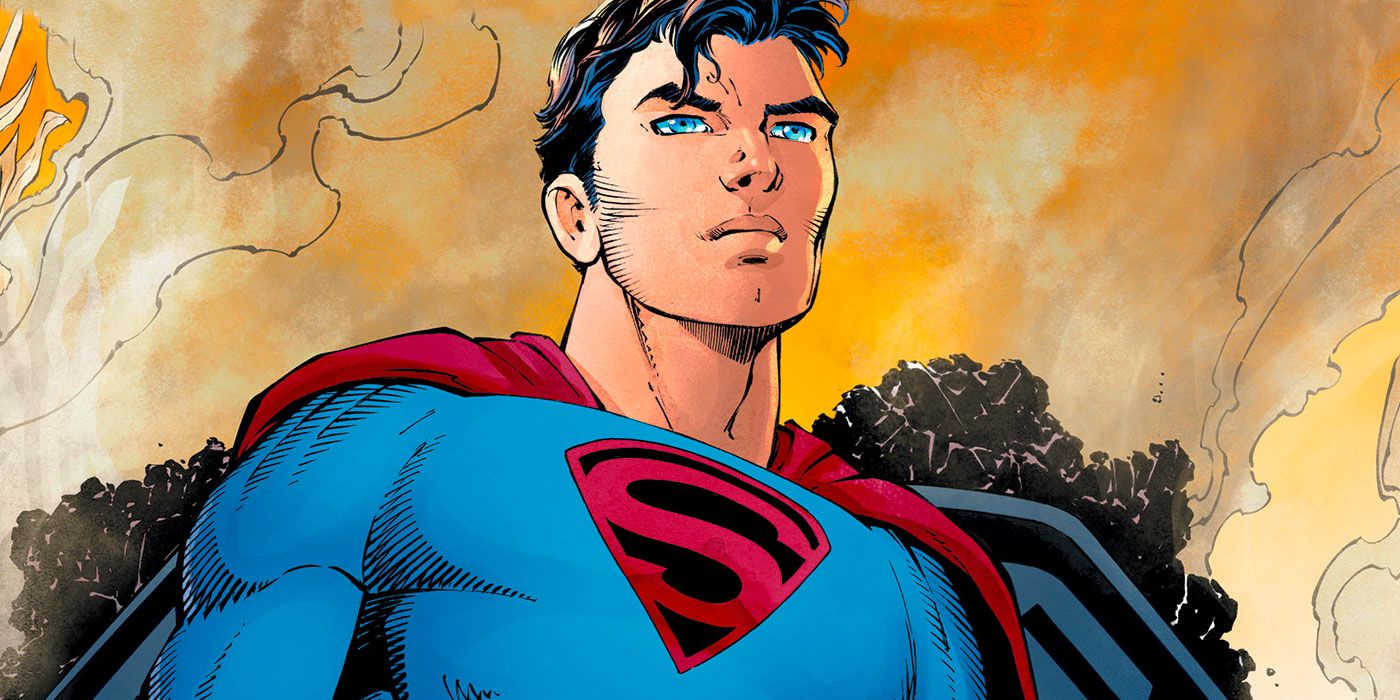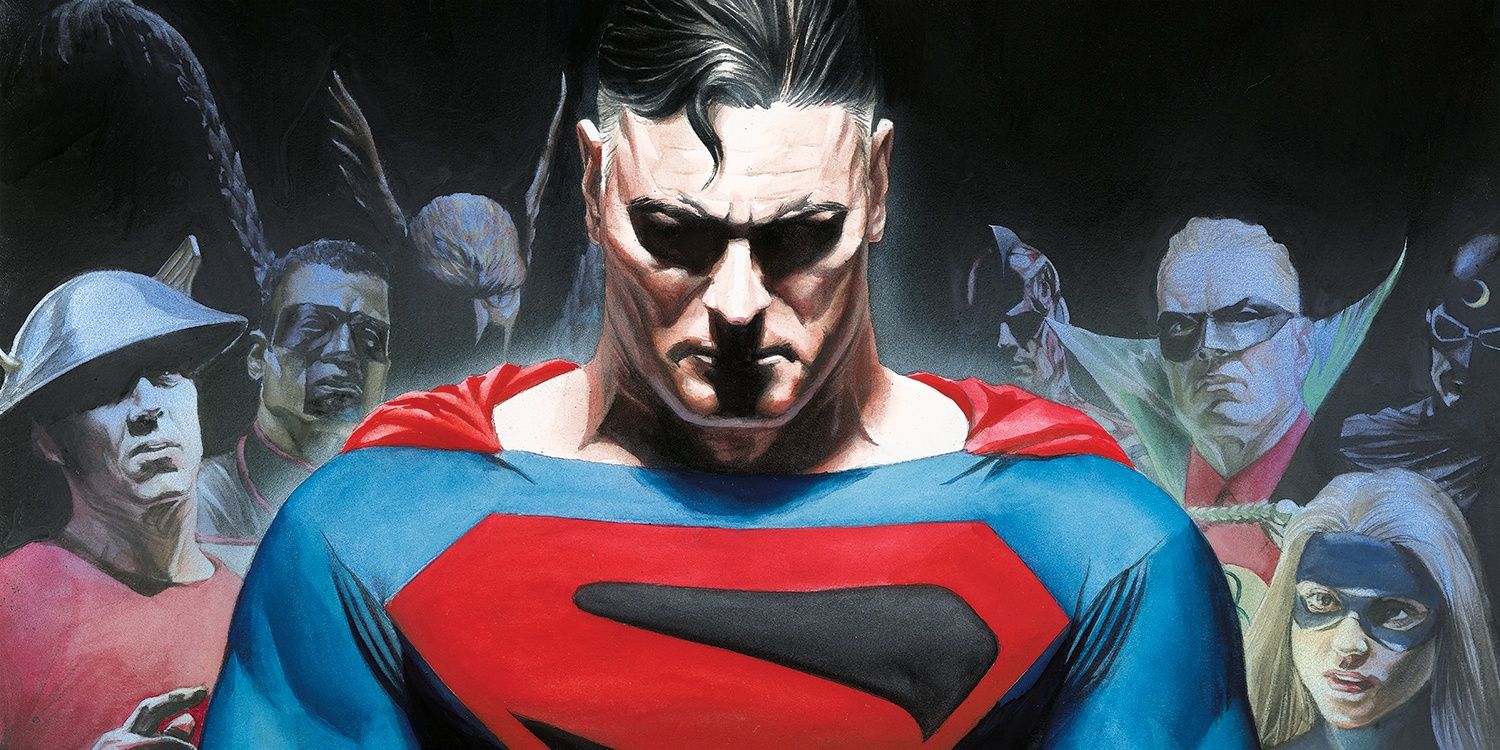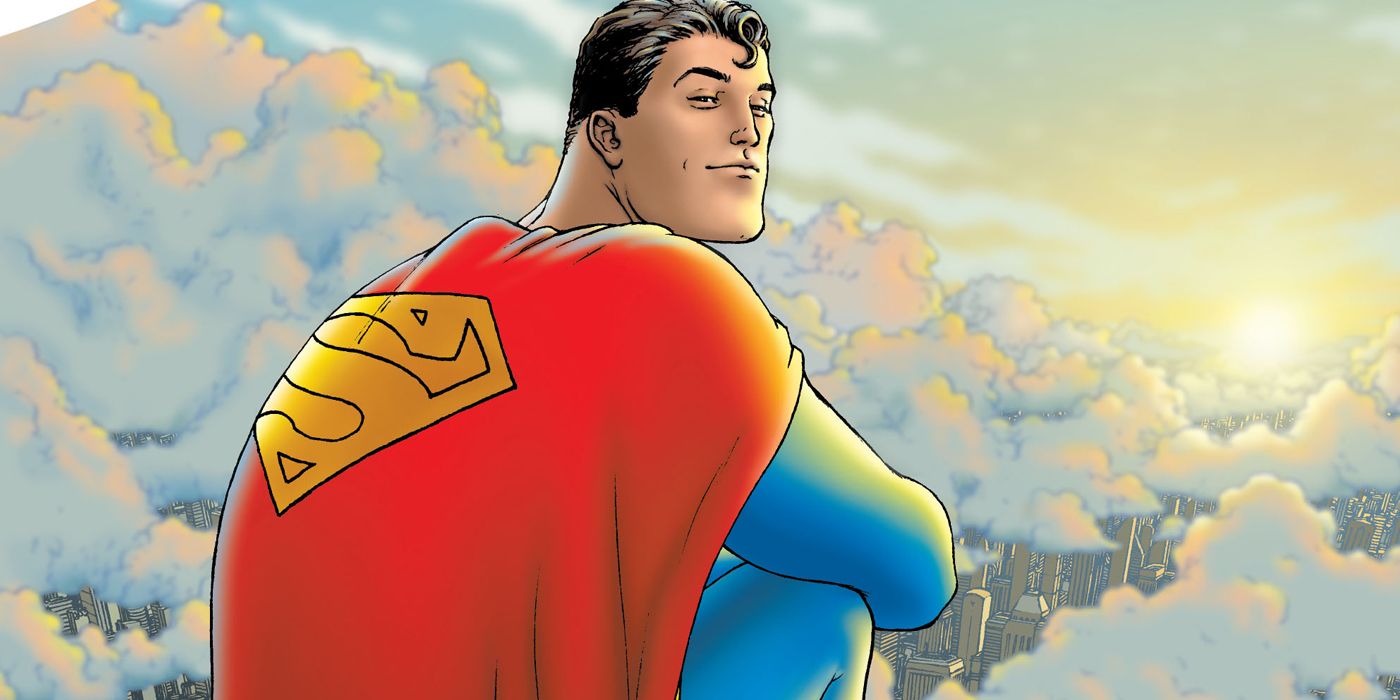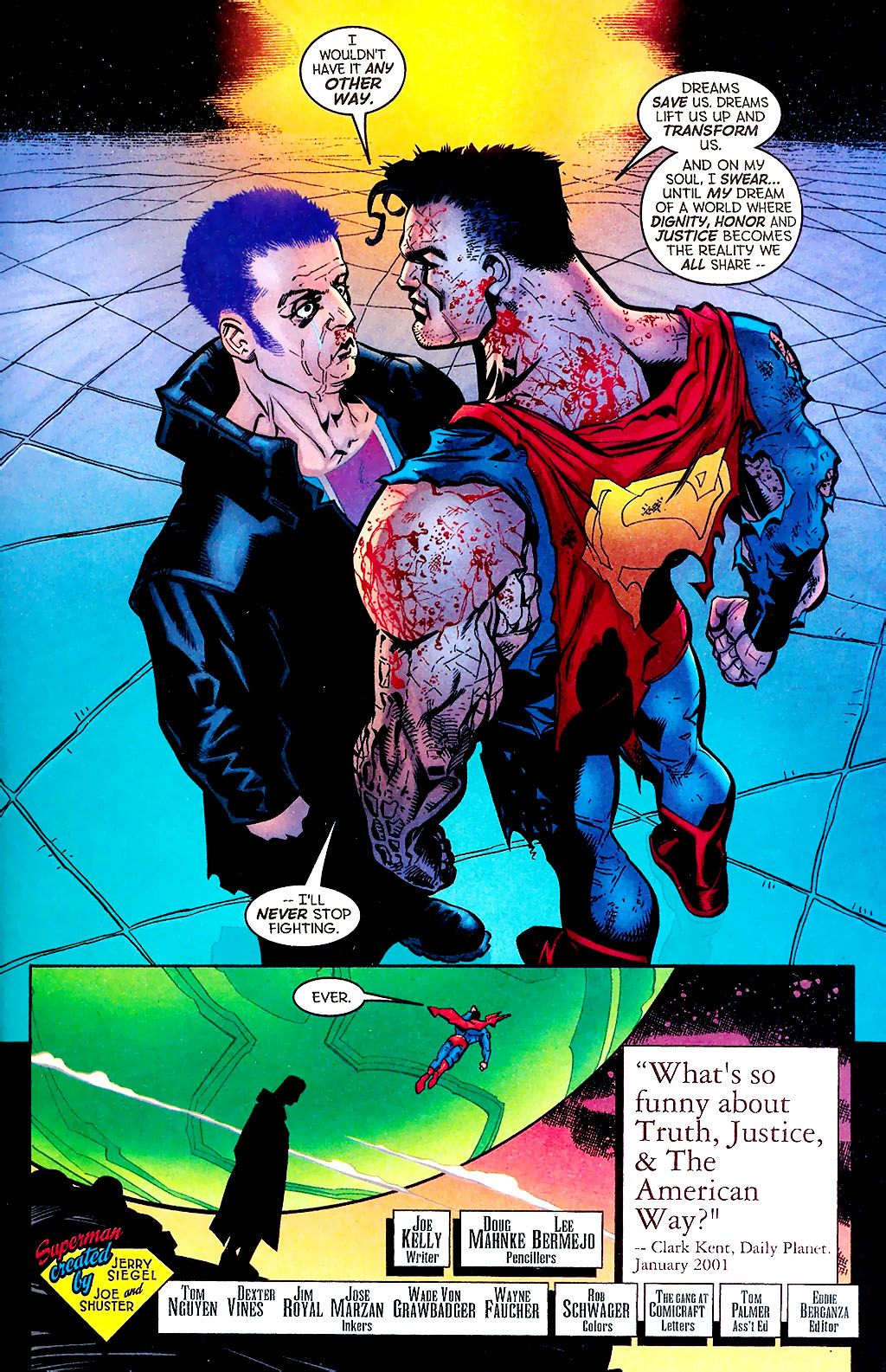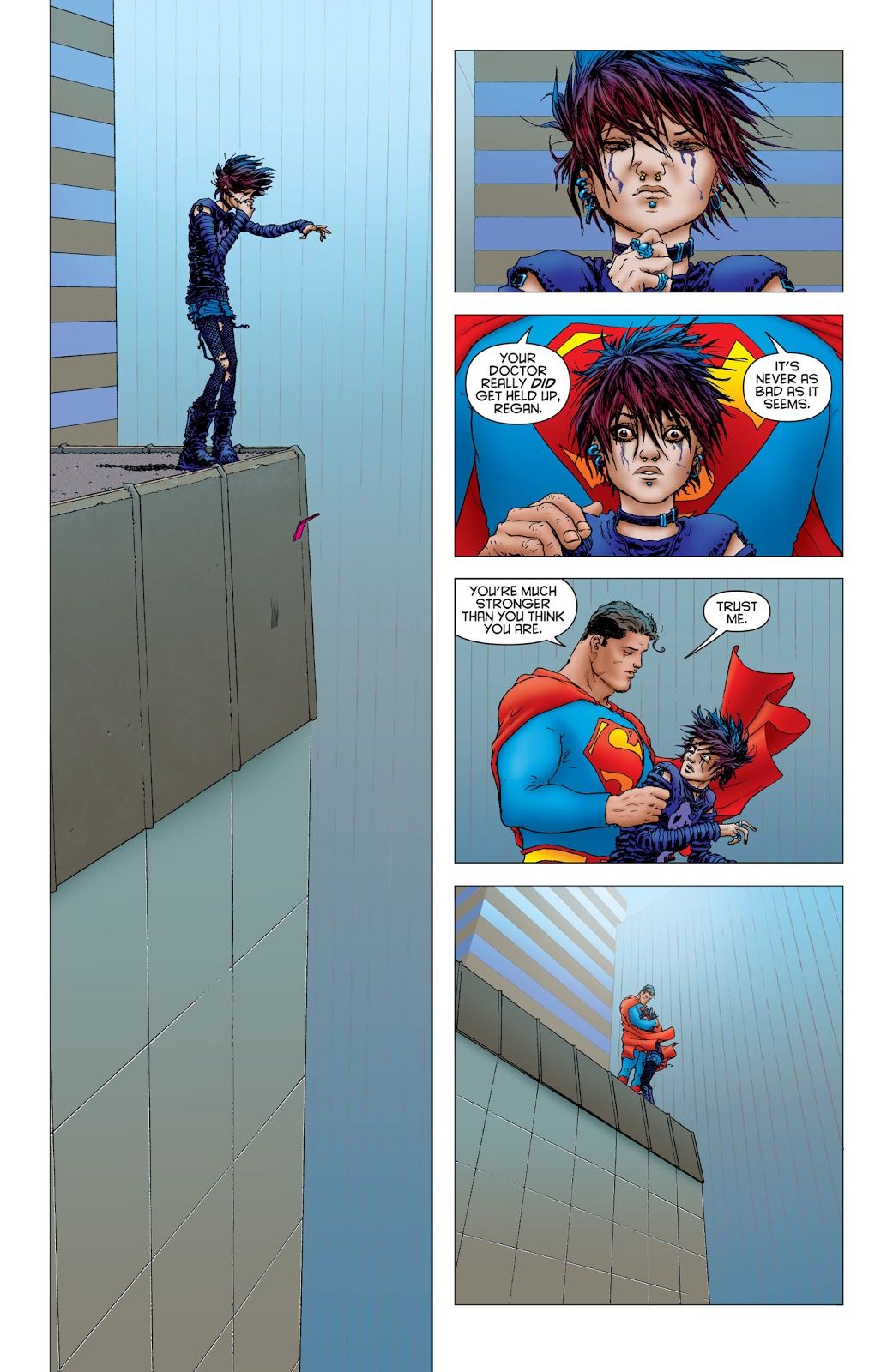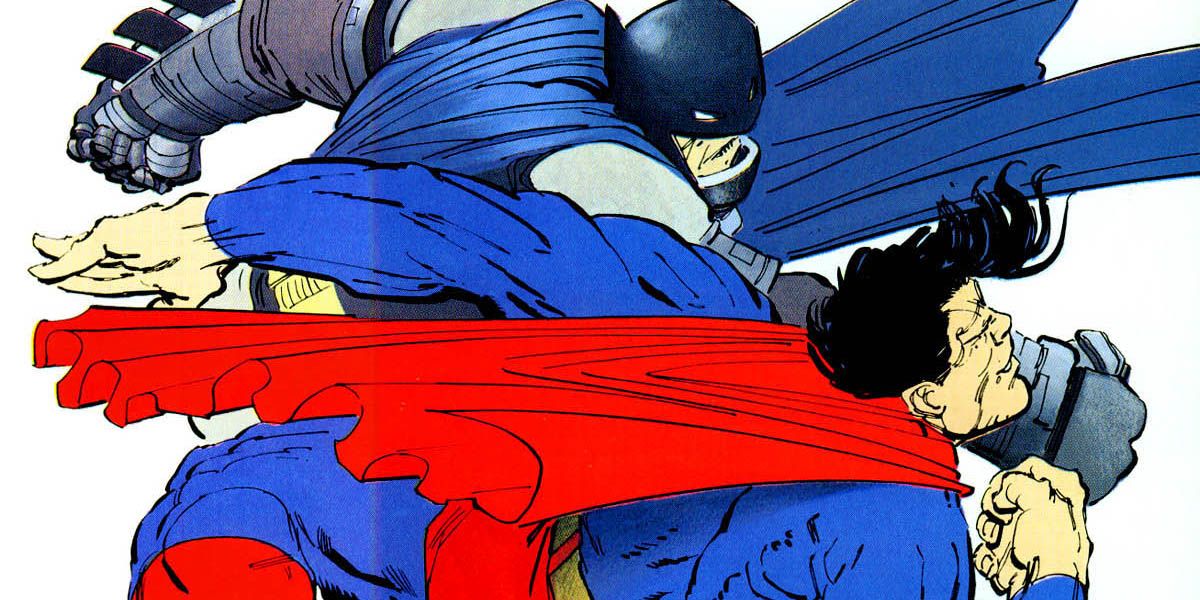Frank Miller is inarguably one of the most important comic book creators of all time. While his more recent works are hardly universally acclaimed, it is undeniable that Miller's writing changed the way we view various iconic superheroes. His work on Batman and Daredevil defined both of those characters for the modern era, and Batman: Year One and The Dark Knight Returns remain regarded as two of the best comics ever published, even over three decades after they first debuted.
However, Miller's current Superman: Year One, with art from John Romita Jr., has already drawn lots of controversy after just a single issue, with fans feeling Miller misrepresented the character. While some have argued that this Superman serves as a throwback to Golden and Silver Age stories, where the Man of Steel behaved in strange, often mean-spirited ways, it's undeniable that Miller's modern interpretation flies in the face of our modern conceptions of Superman.
And unfortunately, that's not anything new, because Miller has never really been able to get Superman right.
Who Is Superman?
When discussing Superman, we need to establish a few core ideas. There have been many versions of the iconic hero over the years, yet it's still easy to misunderstand where Kal-El comes from and what his core ideals are.
In Quentin Tarantino's film Kill Bill: Vol. 2, the villain Bill famously delivers a monologue about Superman. He says that, unlike many superheroes, Clark Kent isn't Superman's true identity, but rather his alter-ego. The film -- and many writers who don't understand Superman -- believe Kent represents Superman's view of humanity, that we are weak, puny and vulnerable beings who must be saved by the superior Superman.
However, that's a woefully incomplete take on Superman. The simple truth of Superman is that he represents truth, justice and an ideal to strive for. Superman loves and protects humanity, but he also strives to inspire us to be better. He protects people because he sees them as inherently good and capable of great things.
The idea that Superman is an authoritarian figure is absurd. If Superman thought himself better than the world and humanity, he'd turn into the kind of tyrant he became in the world of Injustice, a reality that was explicitly designed to twist and break DC's icons.
"You'll Be an Ideal to Strive For"
In the modern era, there are two moments that have defined most modern interpretations of the character.
In Joe Kelly, Doug Mahnke and Lee Bermejo's Action Comics #775 story, "What's So Funny About Truth, Justice & the American Way?," Superman comes into conflict with a group of violent heroes named The Elite, who kill criminals rather than capture them. They see Superman as a relic of the past, while Superman sees them as potentially destructive and dangerous.
For one moment, however, it almost seems as if Superman snaps trying to stop them, seemingly killing and lobotomizing them -- but it turns out to be a rouse, all to illustrate the pointlessness of brutality. When the Elite's leader, Manchester Black, tells the Man of Steel he's living in a fantasy world, Superman replies by defending the power of dreams.
The other standout Superman moment of this century came in Grant Morrison and Frank Quitely's All-Star Superman.
When a teenage girl is about to throe herself off a skyscraper, Superman stops her from jumping. Instead of catching her as she falls, Superman takes the time to talk to her before she leaps. He convinces her not to jump, not by focusing on the outside world, but on her own personal strength, and the belief that she can endure on her own the pain of life.
The strongest Superman adaptations understand this deeply moral and compassionate hero. These are not the actions of a would-be tyrant; these are inspirational moments that reflect Superman's deep and abiding hope. You can see this across media, from the DC Animated Universe to the Christopher Reeve films.
For all its faults, even Zack Snyder's Man of Steel understands this, as encapsulated by the moment where Jor-El tells his son, "You will be an ideal to strive for." And even in Batman v. Superman: Dawn of Justice, Superman inspires Batman and Wonder Woman to be better and to form the Justice League to protect humanity.
To be fair, there are plenty of stories where Superman is selfish in canon. With over 80 years having passed since his inception, there are plenty of stories from writers who worked before Superman was codified as a character, or during periods where there existed a different, less memorable take on the Man of Steel.
The Law, Not Truth or Justice
Miller does not seem to care about who Superman is, because his stories, besides Superman: Year One, have little to do with him. Miller has traditionally written Clark as a foil for Batman. In Miller's stories, Batman is the embodiment of vigilante justice, proof that the law's narrow constraints can't always solve the world's problems. In that context, Superman must exist not as an ideal, but as the personification of the legal system.
The closest Miller ever comes to grasping the inspirational aspect of Superman is in The Dark Knight Returns. This is the only story where Miller ever wrote Superman as a good person, and it's also one of the first times he wrote the character.
In this story, Superman exists as the ultimate branch of the government, enacting justice wherever he is sent. He does what he can to protect mankind from itself because it doesn't know better. He tells Bruce to stop being a superhero because Clark knows best.
Despite Bruce inspiring order in Gotham, Clark obeys the law to the letter. And anyone who doesn't obey the law is punished severely until they do, like Green Arrow, who lost an arm thanks to Miller's Clark. That isn't a person who seeks to inspire greatness -- it's someone determined to mete out punishment.
Miller's Superman is Just a Cop
Miller's take on Superman gets worse in his later stories. In The Dark Knight Strikes Again, Clark has such intense sex with Wonder Woman, cheating on Lois Lane, that mountains crumble. When Lane is killed in a horrific disaster reminiscent of 9/11, Superman mourns a little before moving on, seeming almost indifferent to the suffering of the world.
In Miller and Jim Lee's All-Star Batman and Robin, Batman is especially deranged, but Clark comes across as a clueless authority figure who, at the first sign of Bruce acting out of line, simply moves to stop him, no questions asked.
Ultimately, Miller writes Superman as a cop, the ultimate officer of the law. In Superman: Year One, Miller writes the same way he wrote Superman in his Batman stories, as a figure almost entirely defined by the law in opposition to Batman.
While Frank Miller's work on Daredevil and Batman is unparalleled, he doesn't seem to understand the inspirational core of Superman's character. It's probably a good thing his Superman exists in its own alternate universe, because it's hard to imagine his Superman believes in truth and justice more than law and order.

